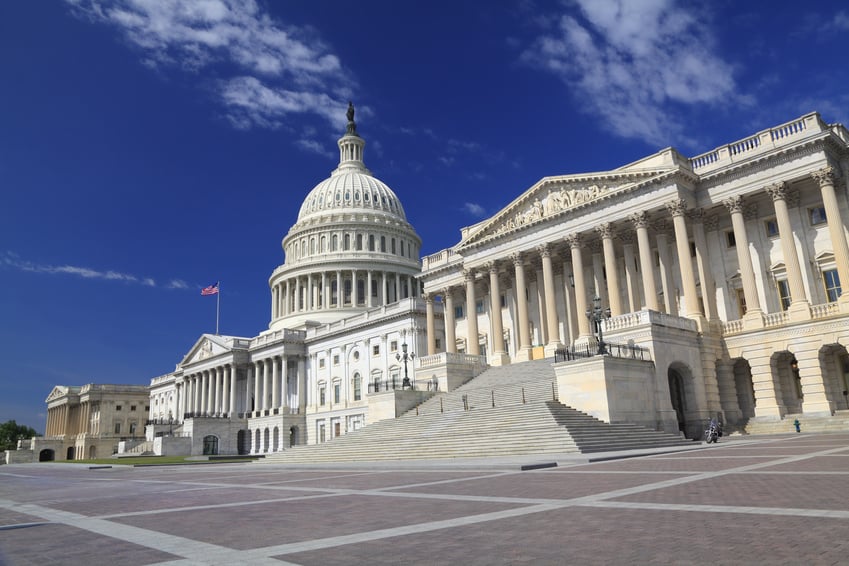On 17 January 2023, the US Department of Justice issued a revised version of its Criminal Division Corporate Enforcement Policy (CEP). The CEP sets out the Criminal Division’s approach to resolving cases with corporations. In particular, it addresses how the Criminal Division will credit companies which voluntarily disclose criminal conduct and cooperate during the investigation and resolution of the matter.
The US Department of the Treasury’s Office of Foreign Assets Control, the US Department of State, the US Department of Commerce, and the US Department of Energy issued rules adjusting maximum civil monetary penalties under the Federal Civil Penalties Inflation Adjustment Act Improvements Act of 2015.
On 13 January 2023, Canada announced amendments to the Special Economic Measures (Haiti) Regulations in response to “acts of significant corruption that are fueling the crisis in the country”. These amendments list an additional two individuals and took effect on 12 January 2023.
Baker McKenzie’s Sanctions Blog published the alert titled Ukraine introduces extensive sanctions packages against Russian media personalities on 20 January 2023. Read the article via the link here. Please also visit our Sanctions Blog for the most recent updates.
In a judgment of 10 January 2023, the Dutch Supreme Court confirmed that the applicable standard of proof for “intentional” violations of EU sanctions under Dutch law is generally low. The judgment confirmed that, although the intent of the accused with regard to the constituent elements of the relevant sanctions prohibition must be sufficiently proven to establish an intentional violation, intent does not need to be proven as to the unlawfulness of the conduct.
Baker McKenzie’s Sanctions Blog published the alert titled Polish press reports on the possible 10th package of EU sanctions against Russia on 16 January 2023. Read the article via the link here. Please also visit our Sanctions Blog for the most recent updates.
Just before the holidays, President Biden signed two bills passed in the final days of the last Congress that contain a number of provisions with implications for sanctions, export controls, and supply chain restrictions: the National Defense Authorization Act and the Consolidated Appropriations Act, 2023.
Throughout 2022, there were substantial legislative developments under Canada’s unilateral sanctions regime. New sanctions regulations were implemented or amended in response to the war in Ukraine and in response to conflicts in Haiti, Iran and Myanmar. The framework and application of Canadian sanctions law also underwent changes, including the introduction of a new asset forfeiture regime. Additionally, for the first time, a Canadian court opined on the issue of “control” under the Special Economic Measures Act.
Join us for our 20th Annual Global Trade and Supply Chain Webinar Series which includes updates across the latest international trade and supply chain compliance developments.
This year, in a variety of sessions, our panels of experts will cover the key developments and latest trends on trade controls including sanctions, export controls and other regimes. On the inbound side, there will be sessions on opportunities and compliance challenges arising out of FTAs, hot topics on customs valuation, trends in customs audits and supply chain compliance challenges, as well as trade remedies and WTO developments.
Baker McKenzie’s Sanctions Blog published the alert titled Taiwan expands the list of export control items to Russia and Belarus on 13 January 2023. Read the article via the link here. Please also visit our Sanctions Blog for the most recent updates.



